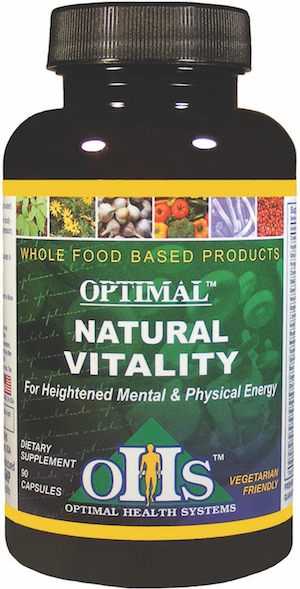Caffeine is a popular and effective ergogenic aid for endurance exercise and energy, but whether habitual caffeine consumption impacts the effects of an acute caffeine dose was unclear, until now. A recent study, now under review, sought to test how prolonged regular caffeine use influences exercise performance. The study (the longest one to date) investigated the effects of caffeine use on caffeine’s energy and performance effects. The results concluded that individuals with low-habitual intakes should refrain from chronic caffeine supplementation to maximize performance benefits from acute caffeine ingestion. In other words: prolonged caffeine use loses its effectiveness over time.
Caffeine is the world’s most popular stimulant. You can hardly travel a city block without running into one coffee shop or another, and might be hard pressed to name a coworker that can function without starting his or her day with a caffeine fix. America is addicted to this stuff. As such, investigating how regular caffeine consumption impacts its effects is a critical area of research. How is this addiction affecting our health?

The Price of Getting Hooked
Caffeine works primarily by binding to adenosine receptors in the brain and various other organs, acting as a competitive inhibitor to adenosine. Since adenosine mediates the perception of drowsiness, preventing its actions results in alertness. However, there’s a steep price to pay for this false sense of alertness.
Caffeine causes calcium to be excreted in the urine and feces. For every 150 mg of caffeine ingested, about the amount in one cup of coffee, 5 mg of calcium is lost. Caffeine also inhibits the amount of calcium that gets absorbed through the intestinal tract and depletes the amount retained in bones. Studies have shown that women with high caffeine intake suffer more hip fractures than those who avoid caffeine or drink in moderation (1 to 2 cups per day). Caffeine inhibits vitamin D receptors, which limit the amount that will be absorbed. Because vitamin D is important in the absorption and use of calcium in building bone, this could also decrease bone mineral density, resulting in an increased risk for osteoporosis.
Caffeine interferes with iron absorption, which is necessary for red blood cell production. Drinking caffeine at the same time as an iron source can reduce absorption by up to 80%, according to the Nutrition Desk Reference. Caffeine also has a mild diuretic effect, which increases urination. Water soluble vitamins, such as the B-vitamins, can be depleted as a result of the fluid loss. In addition, it interferes with the metabolism of some B-vitamins, such as thiamine (vitamin B1).

Cycling on and Off Caffeine
The aforementioned study shows that regular consumption lowers its effects on endurance performance in recreational athletes. Daily supplementation with about 175 mg of caffeine per day over 28 days resulted in a tolerance to the ergogenic effect of an acute caffeine dose. What does this study really tell us? Regular caffeine consumption reduces its ergogenic benefits. You keep on having to take more and more to get the same perceived benefits. However, there are two ways around that.
Way #1: If you take caffeine in the form of coffee, energy drinks or pills, it is important to cycle off after 4 weeks and take an energy supplement that doesn’t have caffeine anhydrous in it. This performs a gradual reset on your system, eliminating the tolerance you’ve built against caffeine. Will this stop the calcium, vitamin D, etc. depletion? No, but at least it’ll slow it.
Way #2: Ditch the synthetic caffeine for wholesome nutrients that fuel you with real energy. Permanently. You can supplement your health and energy with whole food vitamin B, green tea, and other natural forms of energy that don’t wear you down from the inside out.
The Safe Energy Boost
Caffeine offers no real health benefit, yet there are days we could really use a pick-me-up, be it from a rough night of poor sleep, a stressful day, or a string of indulgent meals. Instead of making things worse with caffeine, you can perk yourself up and preserve your health with Optimal Natural Vitality.
This product is designed to help improve both your mental and physical energy levels by providing your body with the proper nutrients. This blend consists of specific amounts of enzymes and minerals to drive the nutrients to the cellular level quickly. You will feel the effects of increased focus, motivation and energy shortly after taking Natural Vitality. And it is a product for which you can easily adjust the dosage and times of use based on your own particular needs. And the best part? Natural Vitality doesn’t rob your body of nutrients like synthetic caffeine does. You can get a morning zinger without sacrificing your health.
Resource(s):
https://www.ncbi.nlm.nih.gov/pubmed/27762662

